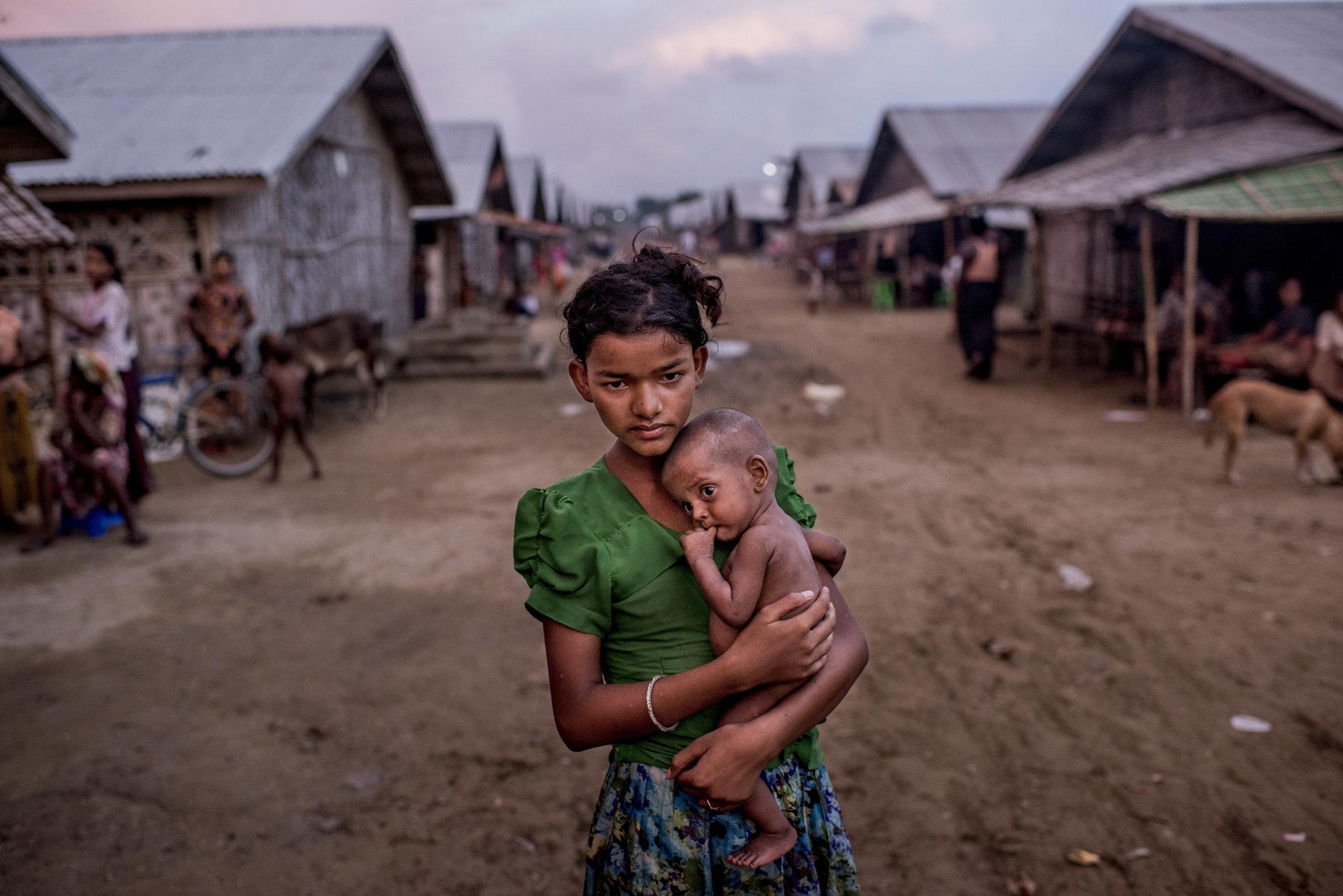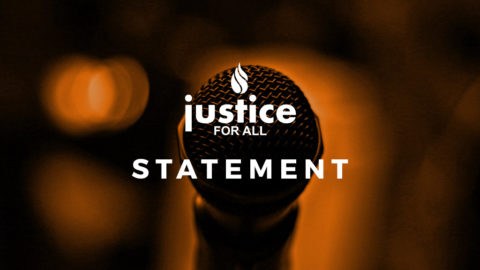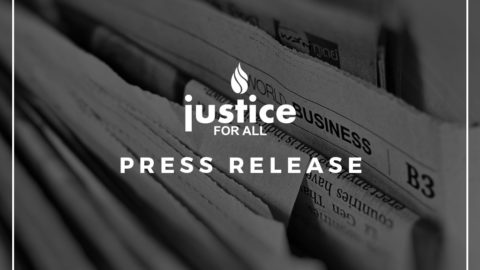Justice For All is heartened by the International Criminal Court (ICC) Prosecutor Karim Khan’s application…

Rohingya Leaders Statement On Coronavirus Crisis
March 29, 2020
Faced with a new level of disaster, we the undersigned Rohingya groups gather online in warm solidarity, together with allies in the struggle for justice. We are deeply alarmed by the spread of the Coronavirus and government policies that not only fail to protect our displaced people but actively prevent them from saving themselves. The Rohingya people face rapidly increasing danger in both Bangladesh and in Burma (Myanmar).
We remain concerned about the Rohingya remaining in Rakhine State, Burma, vulnerable to attack as well as hunger and sickness. These men, women and children have little if any access to food and medicine. What is being done to prevent mass fatalities? Who will have access to medical care? The Government of Burma must face the inevitable challenges with honesty, compassion, and justice for all. Instead, military checkpoints and unjust laws impede freedom of movement. And internet service remains blocked over a large area of Rakhine State. The Burmese government must immediately lift these restrictions, to protect all people during the Pandemic.
In Bangladesh, the virus is expected to hit the over one million Rohingya refugees packed into crowded camps with limited access to services. The threat of infection has already shut down most schools in the camps. There is not a single ventilator for the entire region of Cox’s Bazar, near the camps. Social distancing does not appear possible in these crowded conditions. With United Nations and NGO professionals lacking masks and gloves, many cannot safely enter the camps. Staff levels have dropped in the camps and prevention activities cannot proceed effectively. This is a disaster in the making.
The situation is made much more perilous by the government’s unwillingness to allow mobile data or cell phone access in the camps. No contact tracing will be possible, and camp residents will have no ability to report illness. The Bangladesh Government must allow information to flow freely.
This crisis in both nations calls for a coordinated approach by international humanitarian organizations as well as local governments. Rohingya will also need to do their part to learn about how to care for ill people, especially elderly and those with pre-existing medical conditions. Camp residents should strongly avoid direct contact with sick people and must find ways to cover their noses, mouths and eyes. Communal prayer is unfortunately an effective spreader of germs, and religious tradition tells us not to endanger others’ health. Religious teaching can guide us to care for the most vulnerable, and not to stigmatize some people as deserving of death. No one is immune from the test of suffering.
The safety of the surrounding communities matter as well, and local and international communities should prepare to save all people. Foreign NGOs should not be stigmatized, rumors should not be spread, but governments must think ahead and obtain all necessary supplies and expertise.
We ask for your help regarding prevention as well as mitigation of Coronavirus spread in the camps as well as the surrounding region. While we acknowledge also the threat to the 71 million refugees and displaced people around the world, we request that the UN Secretary General strongly press for expedited action, informed by providers working at the camp and community level. Regarding the recent International Court of Justice provisions, it would be tragic if we followed the hope of justice with the reality of mass fatality. Let us work together to prevent that disaster for the Rohingya people.
Signed,
Shwe Maung, Former Member of Parliament (2010 – 2015) Buthidaung Constituency, Arakan State, Myanmar (Burma)
President, Arakan Institute for Peace and Development (AiPAD)
Nasir Zakaria, Executive Director, Rohingya Cultural Center, Chicago
Dr. Wakar Uddin, Founding Chairman, The Burmese Rohingya Association of North America.
Maung Maung, President, Rohingya Society of Greater Houston (RSGH) Director, Arakan Institute for Peace and Development (AiPAD)
Mohammad Mustak Arif, Rohingya Society of Nashua, NH
Reza Uddin, President, Oregon Rohingya Society
Ayub Mohammad, President, Burmese Rohingya Community of Georgia
Mohammed Nasser, Chairman, Rohingya Welfare Association
Ko Ko Naing, President, Los Angeles Rohingya Association (LARA)
Anwar Khin Maung Win, Founding Chairman, Los Angeles Rohingya Society
Hla Myint, Arakan Rohingya National Organisation (ARNO)
Malik Mujahid, Chair and Founder, Burma Task Force


